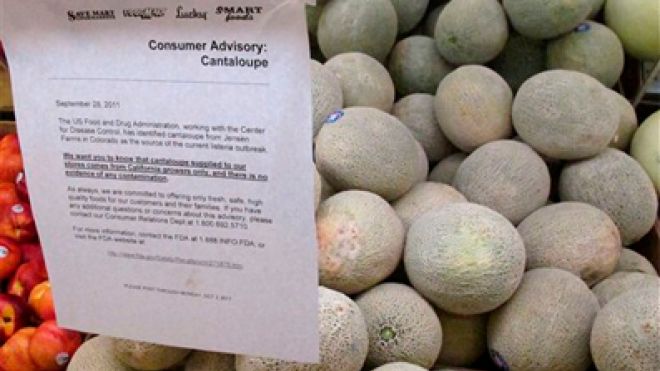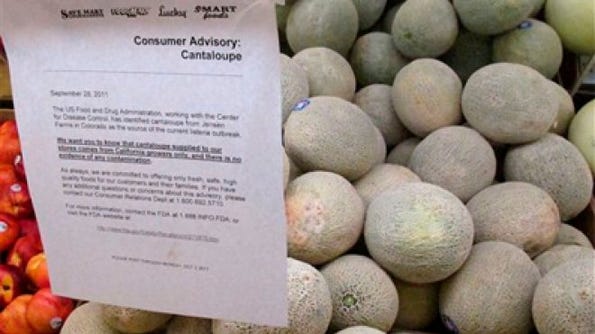May 16, 2013

 In his 1978 book, The Unsettling of America, author Wendell Berry advised, “There should be a strenuous review of all sanitation laws governing the production of food, and those that are unnecessary should be eliminated.”
In his 1978 book, The Unsettling of America, author Wendell Berry advised, “There should be a strenuous review of all sanitation laws governing the production of food, and those that are unnecessary should be eliminated.”
I thought about that quote the other day as I perused the new Food Safety Modernization Act. The act certainly reflects a review of the sanitation laws governing the production of food, but I doubt Berry is happy.
The new law is roughly 1,200 pages. The proposed rule governing produce production alone is 144 pages. A report mandated by the legislation to review product tracing along the supply chain runs another 334 pages. And formal rulemaking has only started.
Berry’s criticism of food safety laws was simple: “Sanitation laws have almost invariably worked against the small producer, destroying his markets or prohibitively increasing the cost of production.”
He’s right. Large operations hire consultants and in-house experts to implement the technology, conduct the testing and maintain the databases necessary to assure compliance with new regulations. Smaller producers have to handle those new regulatory requirements sometime between hauling hay to the pasture in the morning and attending the kids’ baseball games that evening.
To the credit of Congress, the Food Safety Modernization Act exempts farms that average less than $500,000 in food sales annually and sell most of their food directly to local consumers, restaurants and stores.
My real concern about the increasingly complex layers of federal rules governing food production is that regulations instill a mindset of compliance at the lowest level by focusing on “thresholds,” “tolerances” and “minimum standards” producers must meet in order to stay within the law.
This isn’t limited to the Food Safety Modernization Act. Most of the work of the National Organic Program and the National Organic Standards Board these days consists of defining minimum standards farmers and processors must meet in order to qualify for using the USDA Organic seal. A food company formulator told me once, “Just tell me the baseline standards for organic certification, and I’ll develop a product that can be put into the market.”
Producing food should be about striving for the best
Through the years, other federal programs have actually encouraged producers to think higher. Publicly funded research at land grant universities fostered initiatives to improve animal husbandry, increase the tilth of the soil and encourage sustainable food production practices. Within the federal bureaucracy, the Natural Resource Conservation Service, the Risk Management Agency and even the National Organic Program have offered programs and technical assistance to help producers identify and implement best practices.
But now we are in the era of sequester.
Federal agencies must cut their budgets to meet the sequester mandates. Agriculture Secretary Tom Vilsack made it clear last month that his agency won’t cut any measures that protect food safety. Cuts will come elsewhere.
Hello minimum compliance. Goodbye best practices. Rest assured; your food will continue to be safe under the sequester. Minimally safe.
You May Also Like


